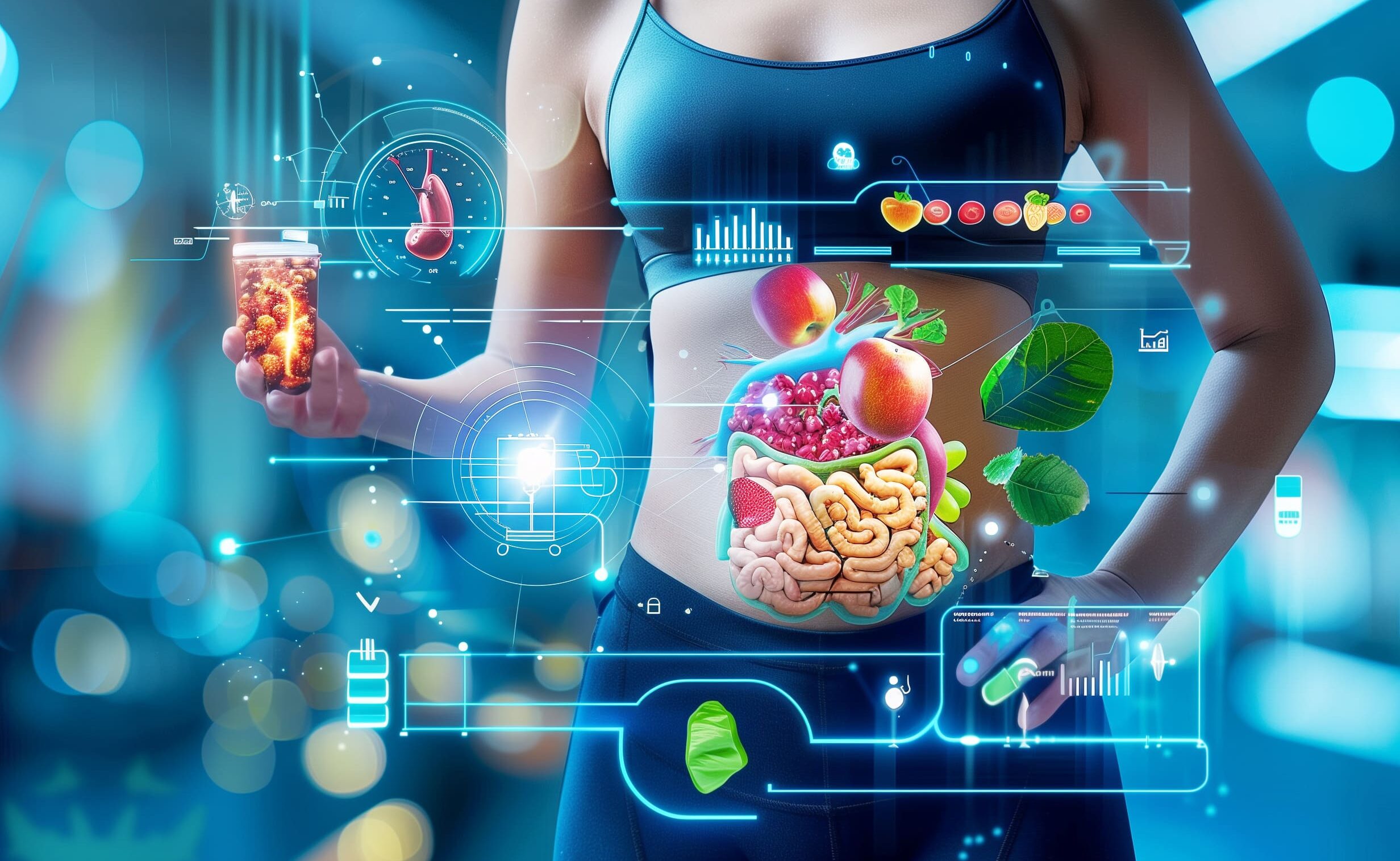Men who carry mobile phones in their pocket have reduced sperm quality
Infertility is a big problem and a growing problem. It is thought to affect at least 14 percent of couples living in high and middle income countries. Nearly every country has recently noticed declines in sperm quantity and sperm health.
Almost every adult male living in these countries owns a mobile phone. Could there be a link? New research seems to confirm there is.
Mobile phones emit radio frequency electromagnetic radiation (RF-EMR), and this radiation has an effect on sperm development and function. Recently a systematic review was conducted, followed by meta-analysis (review of past studies), to determine if exposure to RF-EMR emitted from mobile phones affects sperm quality. The male participants of these studies were from infertility clinics and research centres. Sperm were assessed for motility, viability and concentration. These are the typical parameters used in clinical settings to assess a man’s fertility.
The results of analysis were consistent between experimental in vitro (test tube) and observational in vivo (in real life) studies. According to the researchers, “We conclude that pooled results from in vitro and in vivo studies suggest that mobile phone exposure negatively affects sperm quality. Further study is required to determine the full clinical implications for both sub-fertile men and the general population.”
For many years it was thought that if a couple were having difficulties conceiving, it must be because of problems with the woman. We now know that male factor infertility is extremely common and indeed male factors are currently responsible for around 40 percent of infertility. Approximately one in 20 Australian men is now considered infertile!
Luckily, in the majority of cases male infertility is easier and faster to remedy than female infertility. Most cases of male infertility are caused by problems with sperm production. Sperm are incredibly sensitive to a man’s diet and environment. A man’s health is just as important as a woman’s health when preparing to conceive a child, as 50 percent of the DNA that makes up the child is contributed by the sperm.
Sperm problems are usually relatively quick to improve compared to infertility issues in women. This is because in women, structural problems such as cysts, adhesions or fibroids are common causes of infertility, and sometimes surgery is the only way to overcome them. In males, sperm production takes between 74 and 78 days. That means, if a man is prepared to clean up his diet, lifestyle and environment as much as possible, huge improvements in sperm quality can be achieved in this time frame.
Ways to improve sperm quality
Here are some suggested ways men can improve their sperm quality:
- Don’t let the testes overheat. Testes require a temperature two to three degrees lower than body temperature in order to manufacture sperm. Factors that increase testicular heat include the use of hot spas and saunas, tight underpants, being overweight and resting a laptop computer on your lap.
- Try to maintain a healthy body weight. Obesity in men is associated with lower testosterone, higher oestrogen, lower sperm count and poor semen quality. Fat cells in obese men convert much of the testosterone in their body into oestrogen. Obese men also have poor outcomes with IVF and other assisted reproductive technologies. The book I Can’t Lose Weight and I Don’t Know Why is a comprehensive overview of what causes inability to lose weight, and effective solutions.
- Try to limit your exposure to chemicals. Chemicals are very capable of having adverse effects on sperm production. In today’s world we are all exposed to an ever increasing array of chemicals, and it is impossible to avoid them entirely. Numerous studies have linked increasing levels of air pollution to declining sperm quality. Men in certain occupations are more prone to infertility; these occupations include: rubber, petroleum and agricultural chemical workers; painters, mechanics, welders and cleaners. Consider doing Dr Cabot’s 15-Day Cleanse to improve detoxification abilities of your liver and gut.
- Try to base your diet on natural, unprocessed foods. The healthier your diet, the healthier every cell in your body is going to be, including sperm cells. Base your meals on vegetables, salads, protein and healthy fats. Examples of protein include seafood, poultry, eggs and red meat. Grass fed animal protein is preferable because it is higher in omega 3 fats, which are anti-inflammatory. Examples of healthy fats include olive oil, avocados, oily fish, macadamia nuts, the fat on grass fed meat, coconut oil and ghee. Including plenty of protein and healthy fats in your diet should help to keep you feeling full and satisfied, therefore you’ll be less likely to search the house for junk food (or buy it in the first place of course)
- Specific nutrients can help to improve sperm health. These include selenium, zinc, co enzyme Q10 and vitamin D. Many Australian men don’t receive optimum levels of these nutrients in their diet.
For more helpful advice on improving fertility in both men and women, see our book Infertility: The Hidden Causes.









Leave A Comment